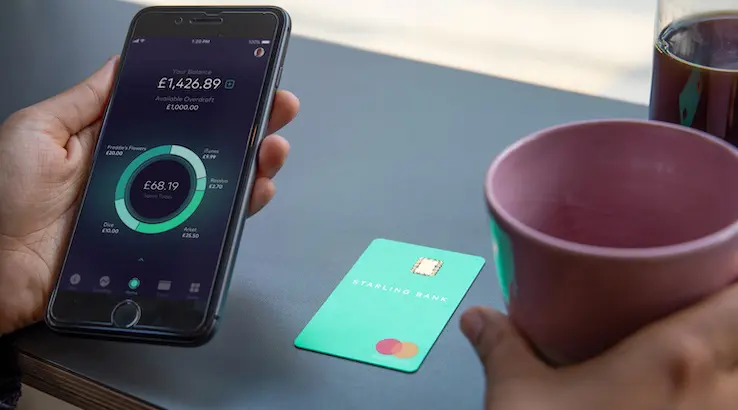Digital bank Starling has so far lent less than 1% of the amount it promised to small businesses, raising questions over whether it can meet its ambitious target.
Starling, founded by Anne Boden, committed to make almost £1bn of loans within five years as a condition of winning funding from a £775m pot set aside by Royal Bank of Scotland as punishment for its £46bn state bailout in 2008.
Figures show that Starling has lent only £782,000 to small businesses since winning the money in February, casting doubt over its ability to reach the target of £913m by 2023.
Started in 2014, Starling has attracted customers rapidly, accruing 1m personal and business current accounts, but it began lending to small businesses through overdrafts only in July.
The RBS “capability and innovation” fund was supposed to boost competition in retail banking. Rivals were surprised when Starling, a relatively small upstart, clinched £100m. Metro Bank was given £120m shortly after it made a huge accounting error that has contributed to wiping 90% off its market value.
Starling, which is 24%-owned by Boden, 59, along with current and former employees, offers an account through an app including money-management tools, such as savings goals. Rival digital bank Monzo, set up by former Starling employee Tom Blomfield, offers similar functions.
Starling has more than £1bn of deposits, up from £600m in August. The average balance in its business current account is £11,330. In an update on its lending target last month, Starling said that “start-ups, by their nature, often have a limited capacity to service and provide security for debt and, to date, this has curbed Starling’s ability to lend”.
It said it was in “advanced negotiations” with an SME lender to start another loans programme later this month. Starling said: “We’ve already made great strides towards delivering the public commitments we set out at the beginning of this process. This is the start of a four-year programme. We’re confident we will hit our commitments.”


